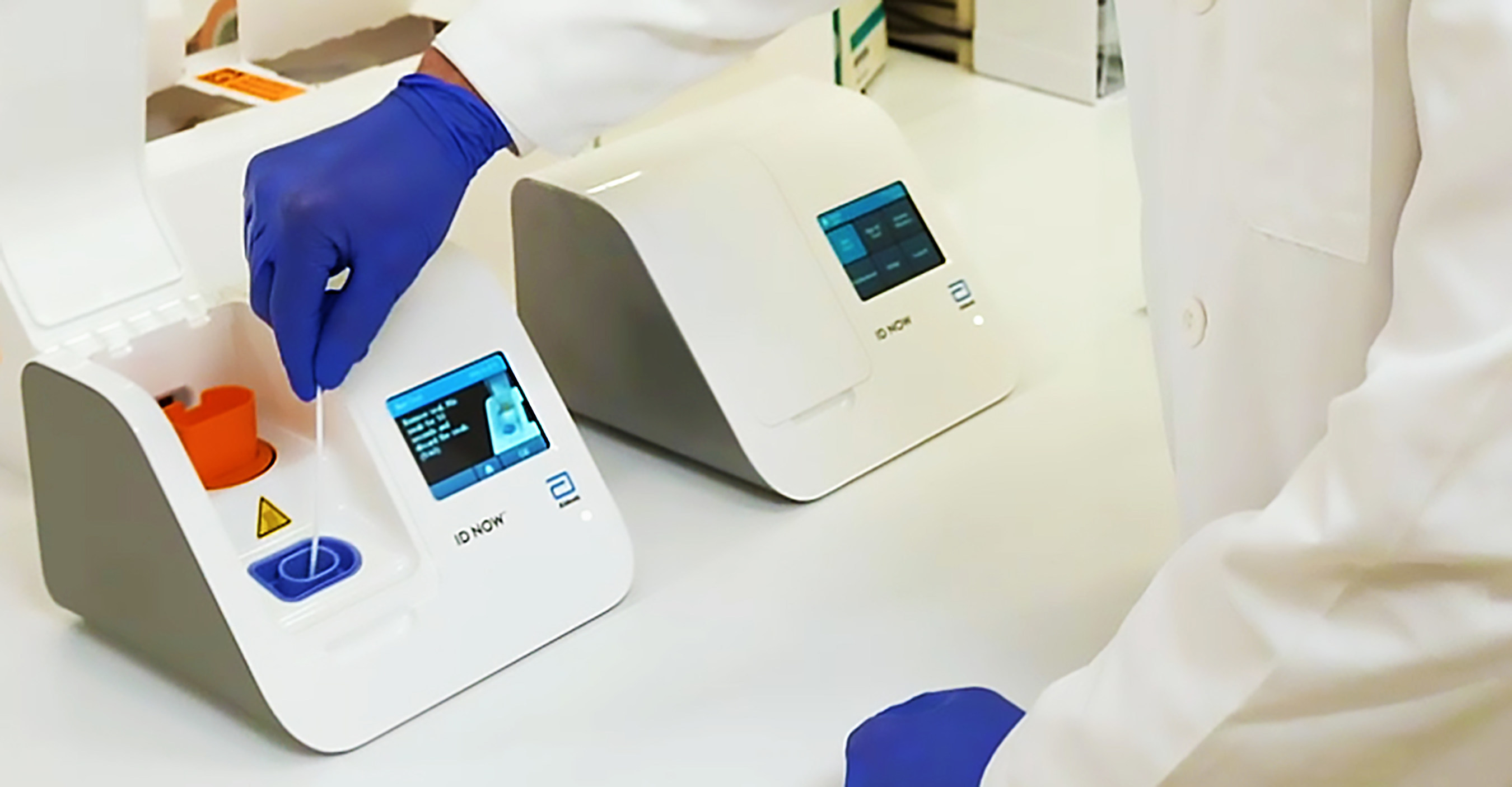Rapid Antigen Test for Avian Influenza in Poultry Farms
The Rapid Antigen Test (RAT) for Avian Influenza is a critical tool used by poultry farmers and veterinarians to quickly identify the presence of the virus in live birds. This test provides rapid results, typically within 15-30 minutes, which allows for immediate actions such as culling or isolation to prevent further spread of infection.
The Avian Influenza virus (AIV), also known as bird flu, is a highly contagious disease that affects domestic and wild birds. The virus can lead to significant economic losses due to reduced egg production, increased mortality rates, and the need for mass culling. Early detection through rapid antigen tests helps in controlling the spread of this disease by enabling prompt quarantine measures.
The RAT works on the principle of detecting specific antigens associated with the Avian Influenza virus. These tests are sensitive enough to detect even small amounts of viral proteins, thereby ensuring accurate and timely diagnosis. The test involves collecting swabs from affected birds or their environment, which are then analyzed using lateral flow assays (LFAs) or similar rapid detection methods.
The procedure for conducting a Rapid Antigen Test includes the following steps:
- Sample Collection: Collecting nasal and ocular swabs from suspect birds. Proper sampling is crucial as it directly affects test accuracy.
- Preparation: Preparing the sample by mixing it with buffer if required, ensuring that the specimen remains stable during transportation to the laboratory.
- Rapid Testing: Performing the test according to manufacturer instructions using a lateral flow device or similar rapid diagnostic tool. This involves adding the prepared sample onto the testing strip and waiting for results.
- Interpretation of Results: Interpreting positive, negative, or invalid results based on visual indicators provided by the test kit.
The accuracy of Rapid Antigen Tests is generally high when compared to other diagnostic methods like PCR but can vary depending on factors such as sample quality and timing. It's important to follow manufacturer guidelines closely for best performance.
Compliance with international standards, such as ISO 15180:2016 for in vitro diagnostic medical devices, ensures that these tests meet stringent quality requirements. Compliance officers should ensure that all testing procedures comply with relevant regulations and standards.
In conclusion, the Rapid Antigen Test plays a vital role in managing Avian Influenza outbreaks by providing quick results essential for effective disease control strategies.
Why It Matters
The importance of rapid antigen testing cannot be overstated when dealing with diseases like Avian Influenza. The ability to detect the virus early allows poultry farmers and veterinarians to implement containment measures swiftly, minimizing the risk of widespread infection.
- Preventive Measures: Early detection enables farmers to isolate infected birds, preventing further spread within their flock.
- Economic Impact: By reducing the duration of outbreaks, rapid testing helps maintain optimal productivity levels and reduces financial losses associated with disease-related costs.
- Public Health: Controlling Avian Influenza at its source protects not only birds but also humans from potential zoonotic transmission risks.
The quick turnaround time offered by these tests is crucial for maintaining biosecurity protocols and ensuring swift response to any suspected cases. This contributes significantly to the overall health management of poultry farms, enhancing both animal welfare and public confidence in food safety practices.
Environmental and Sustainability Contributions
The use of Rapid Antigen Tests for Avian Influenza supports sustainability efforts by facilitating early intervention that prevents large-scale culls. By identifying infected birds promptly, this minimizes unnecessary slaughter while still addressing the threat posed by the virus.
- Reduction in Antibiotic Use: Early detection can reduce reliance on antibiotics for prophylactic purposes, promoting more sustainable farming practices.
- Biosecurity Enhancement: Prompt identification of affected areas helps enforce strict biosecurity measures, reducing cross-contamination risks and supporting long-term environmental health.
The efficient management of Avian Influenza through rapid testing contributes positively to the overall ecosystem by minimizing disruptions caused by prolonged quarantine periods. It also supports sustainable practices in agriculture by ensuring that resources are used efficiently without causing undue harm or stress on natural habitats.
Competitive Advantage and Market Impact
The adoption of Rapid Antigen Tests provides poultry producers with a significant competitive advantage, particularly in markets where consumer demand for safe food products is high. Early detection capabilities ensure consistent product quality and safety standards, enhancing brand reputation.
- Consumer Trust: Meeting rigorous testing protocols builds trust among consumers who prioritize health and hygiene.
- Market Access: Compliance with international standards opens up opportunities for export to countries that have stringent biosecurity requirements.
By investing in advanced diagnostic technologies, companies can position themselves as leaders in sustainable agricultural practices. This strategic approach not only enhances competitiveness but also fosters innovation and growth within the sector.





